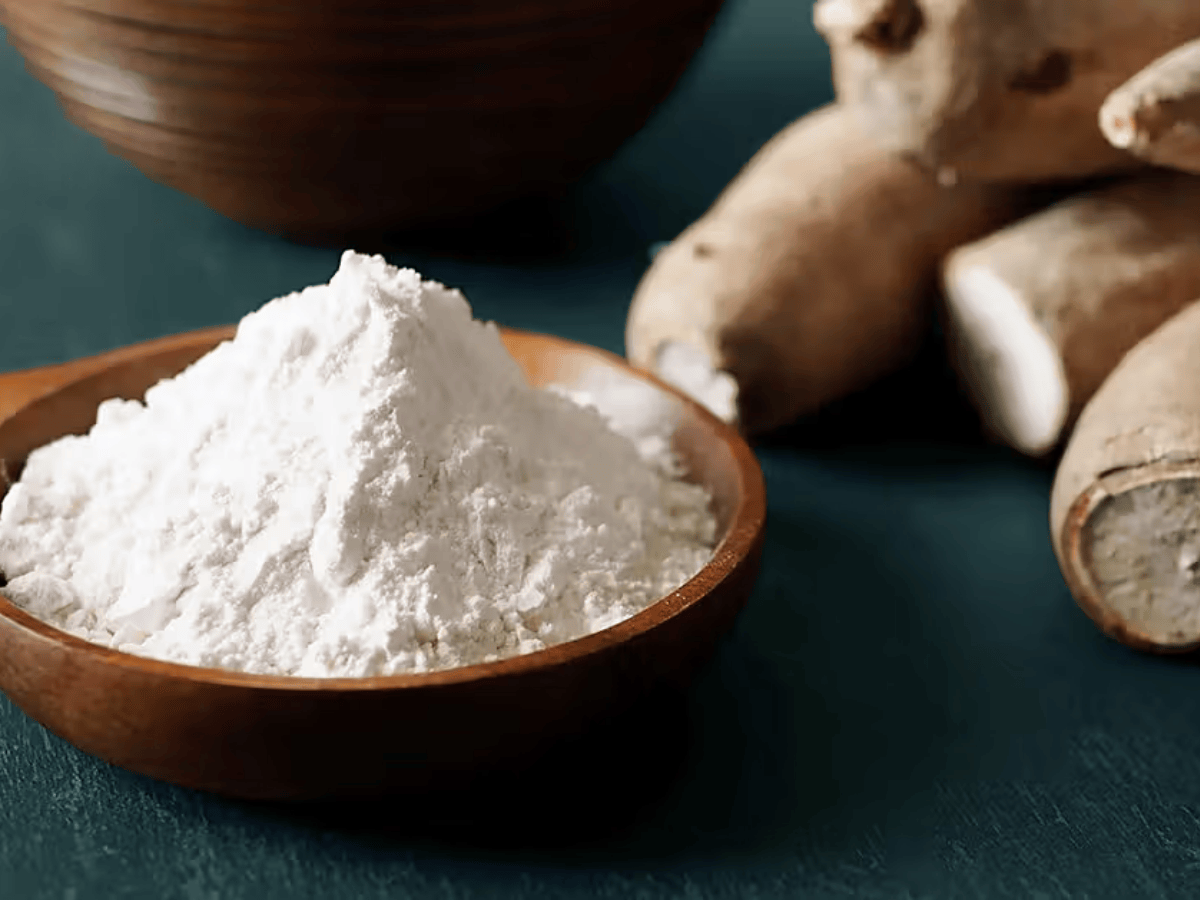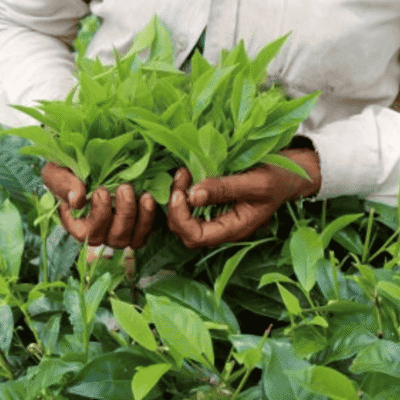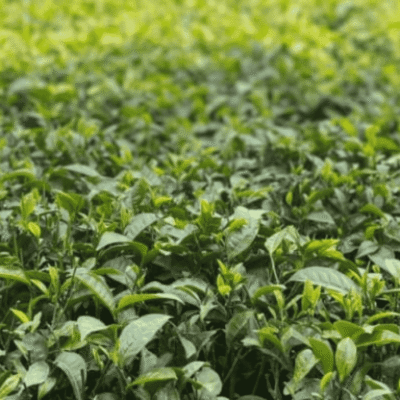CAMEROON – Effective January 1, 2025, flours made from locally sourced corn, yam, cassava, and plantain are now exempt from Value Added Tax (VAT) in Cameroon.
The exemption, formalized in the 2025 Finance Law and confirmed by the General Directorate of Taxes (DGI), reduces the market price of these products by 19.25%, aligning with the current VAT rate.
This policy shift is part of a government strategy to promote “import substitution” and reduce Cameroon’s dependency on imported wheat.
Wheat remains one of the country’s top imported food products, alongside rice, and has significantly contributed to its trade deficit.
Wheat imports and trade deficit
Despite a 31.6% drop in wheat imports in 2023 compared to the previous year, Cameroon still spent CFA178.3 billion (US$290 million) on wheat imports, down from CFA260.7 billion (US$424 million) in 2022.
France continues to lead as Cameroon’s primary wheat supplier, followed by Poland, Russia, and Germany. Notably, Poland recorded a 9% increase in wheat exports to Cameroon in 2023, underscoring the country’s reliance on foreign suppliers.
Bread, one of the most widely consumed foods in Cameroon, remains the key driver of wheat imports. The government has sought to address this dependency by encouraging the production and integration of locally sourced starch-based flours into bread production.
Promoting local alternatives
To encourage the adoption of local flours, the government revised bread production standards, allowing up to 15% of cassava, yam, or other starch-based flours to be blended with wheat flour.
This initiative forms part of a larger vision to phase out wheat flour in favor of locally produced alternatives.
In 2023, the Ministry of Youth launched a training program to educate 378 young Cameroonians in local flour processing techniques, focusing on creating pastries using these flours.
Additionally, a national platform for local flour producers was established in 2022, with a goal of producing 5 million tons of high-quality local products by 2030.
Challenges to scaling production
Despite these efforts, local production remains modest. In 2024, Cameroon produced just 12,800 tons of local flours, a stark contrast to the 887,400 tons of wheat imported in 2023, according to the National Institute of Statistics (INS).
Meeting the 5-million-ton target within five years will require significant investment, particularly in adapting existing milling infrastructure.
Alfred Momo Ebongue, Secretary General of the Cameroon Millers’ Industry Group (GIMC), emphasized the challenge, noting that most mills are currently designed to process wheat.
Adapting these facilities to handle cassava, yam, and other tubers will demand substantial financial and technical resources.
Policy momentum
President Paul Biya highlighted the importance of this shift in his December 31, 2024, national address, highlighting the government’s commitment to reducing reliance on imported wheat.
By exempting local flours from VAT, the administration hopes to boost production, enhance affordability, and stimulate demand for locally sourced products.
However, achieving this vision will depend on sustained government support, private sector investment, and the capacity of local producers to scale up their operations to meet growing demand.






